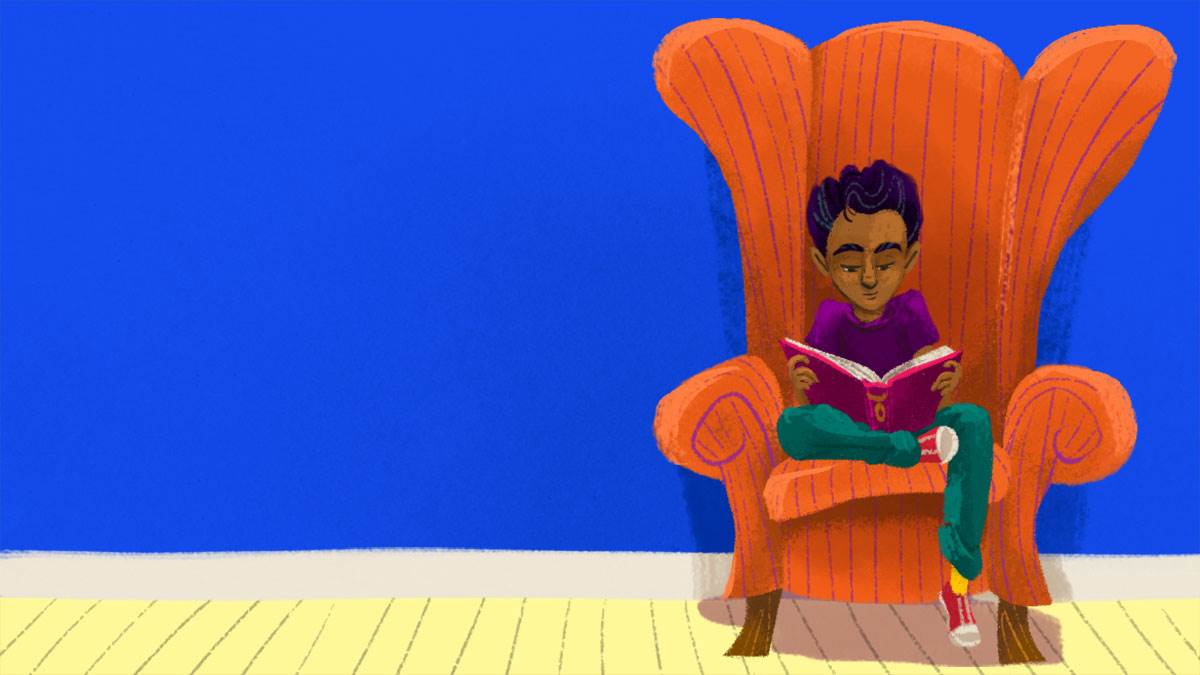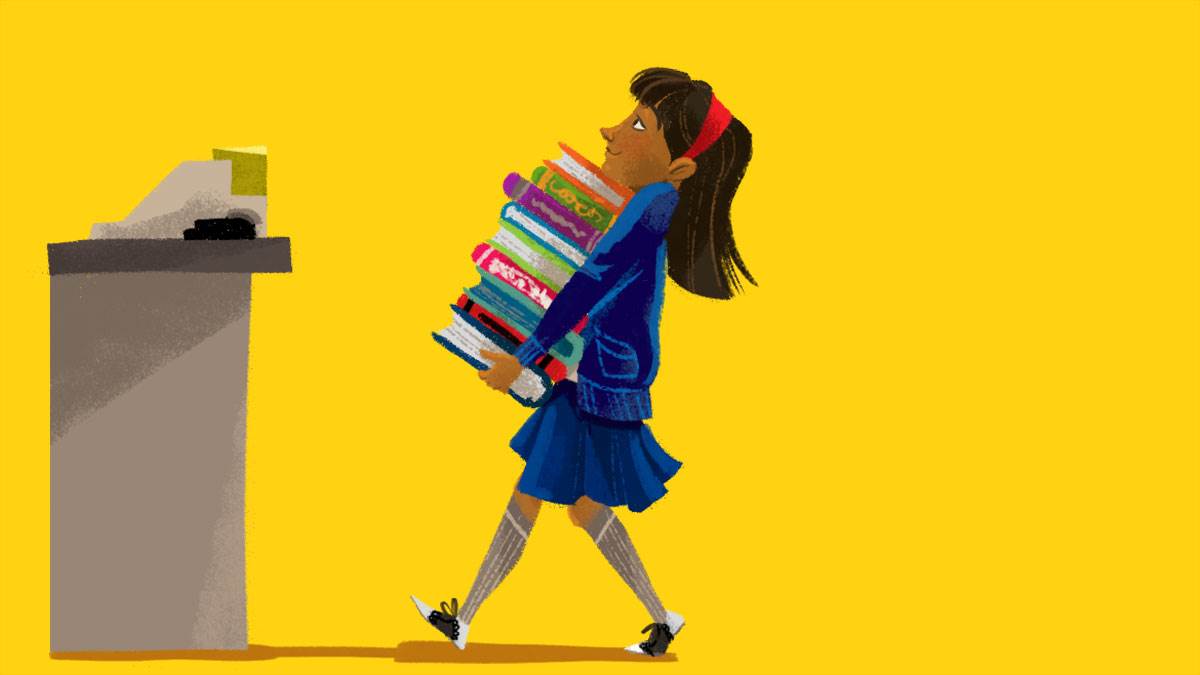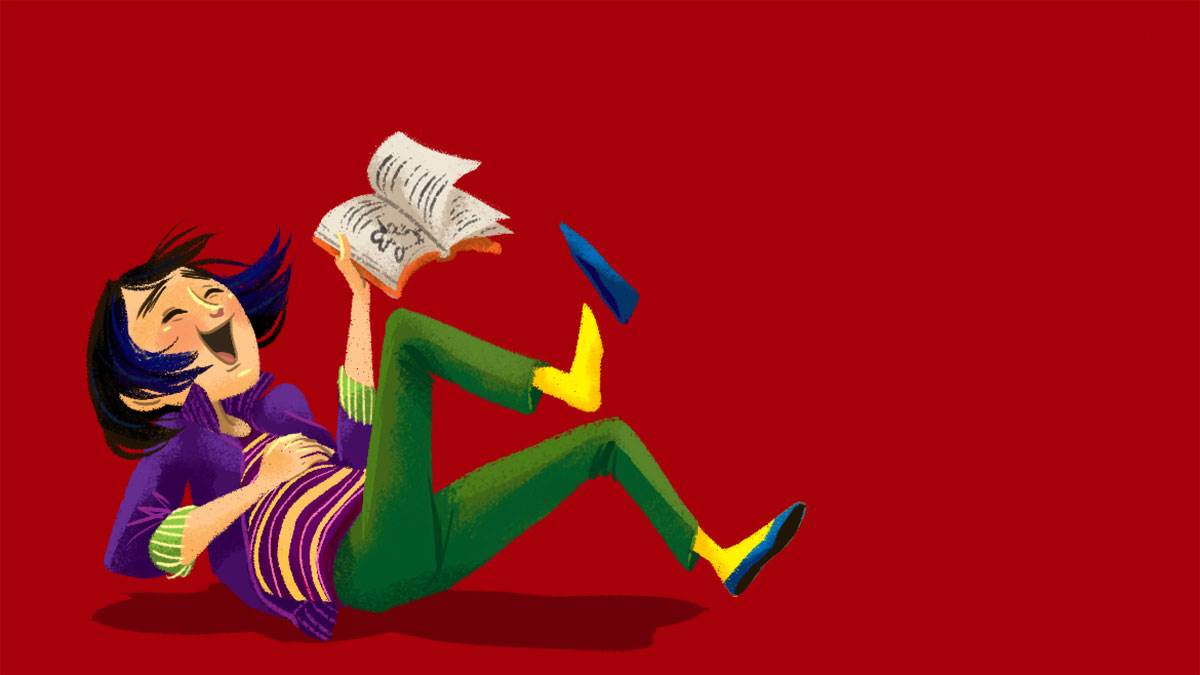You might also like...
Three top tips for creating a culture of reading for pleasure in your school
Earlier this year, Farshore ran a Reading for Pleasure award for teachers. Six schools were chosen as worthy winners - and here are three of the inspiring projects the teachers used to create a culture of reading in their schools. Watch out for the next three in December!
8 books for kids who don't like books
To celebrate ten years of Barry Loser, author Jim Smith shares eight books for kids who don't like books
How to encourage young children to read at your school
Reading is magic! It gives us the chance to escape ordinary life and enter a world where anything is possible. We know that children who read for pleasure are healthier, happier and do better at school. So, why is it so difficult to get young children to read?

 Illustration: Erika Meza
Illustration: Erika Meza Illustration: Erika Meza
Illustration: Erika Meza Illustration: Erika Meza
Illustration: Erika Meza






